GLOBAL LOGISTICS
Whatsapp: +86 13510290734
Email: op@sz-junqing.com

Maersk, the world's second-largest container shipping company, believes that globalization has not collapsed, but the era of dwindling trade barriers is over.
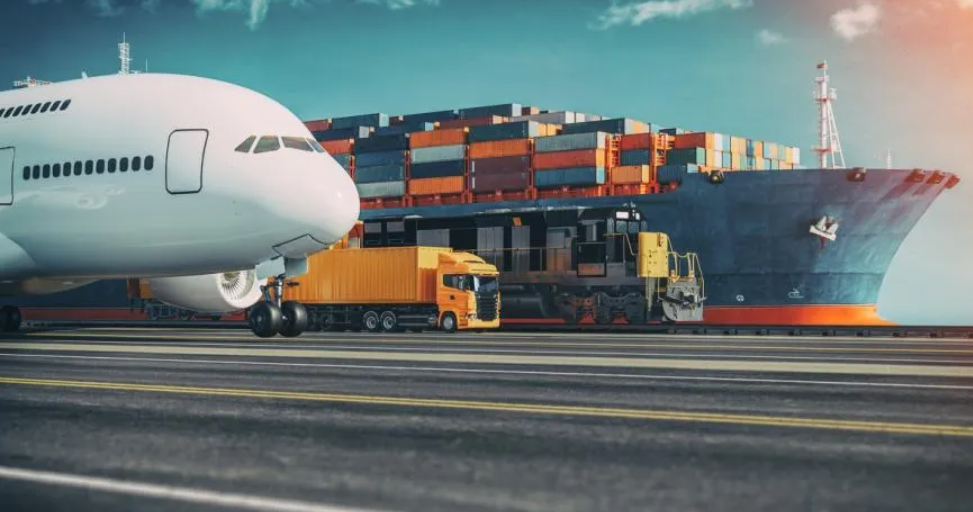
On June 19, local time, according to the British "Financial Times" report, Soren Skou, CEO of Maersk, the world's second largest container shipping company, said in an interview that the manufacturing industry has not returned to Europe and the United States, and container traffic may soon be hit hard. , the forwarder service will also be affected.
"We're not seeing customers shifting production back to Europe and the U.S., instead, they're looking for more suppliers in Asia, so it's hard for us to see a dramatic change in the way the world produces consumer goods in the short or even medium term," Skou said.
In Skou's view, globalization is not unraveling, a remark that contrasts with the pessimism of many corporate executives, who believe globalization is under attack. Maersk is a bellwether for global trade, with more than one-sixth of all containers shipped by sea through the company. Data provider Sentieo found last month that Maersk mentioned in its recent earnings call that the number of nearshoring, onshore and offshore outsourcing was at its highest level since 2005.
However, Skou also acknowledged the impact of global geopolitics on the forwarder service industry and the lack of new trade deals in the United States, but stressed that the global supply chain has not changed dramatically. "Global trade generally moves with GDP, it hasn't become more liberalized, so we're not going to see more of it growing and it hasn't reversed sharply."
Skou expects container traffic to decline in the second half of the year as global economic growth stalls, saying: "The factors that have led to the boom in container shipping since the end of the first wave of the Covid-19 pandemic may soon reverse sharply. He added that there could be a "long-whip effect" of shrinking demand and increased supply, after the forwarder service group had been unable to cope with a surge in consumer spending for nearly two years.
"When that happens, it's going to be pretty quick, and we don't expect that (the drop in traffic) to happen early in the second half of the year, maybe until August or later," Skou said. "I don't want to say I'm afraid. ." He was referring to the increase in long-term contracts for container shipping, and the rapid growth of the ground logistics business.
Door to Door Shipping from China to UAE
2025-02-25
Although Saudi Arabia has a small population, it has strong purchasing power and supports many Chinese cross-border e-commerce businesses such as jollychic, fordeal, funmart, etc. However, Saudi logistics is a very troublesome problem. This article will i
2022-07-07

More →

More →
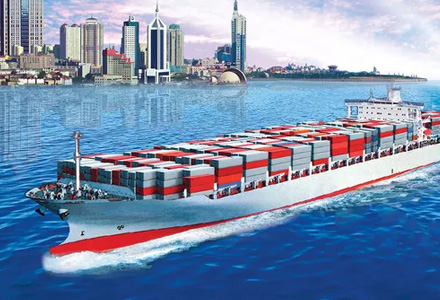
More →
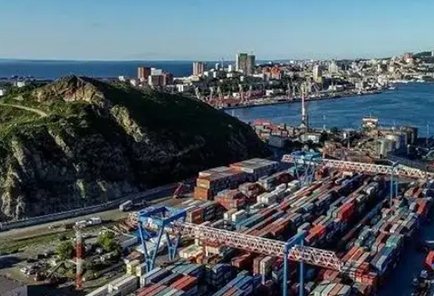
More →
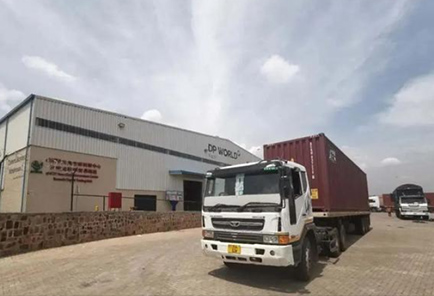
More →
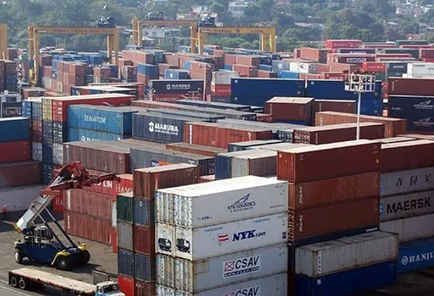
More →
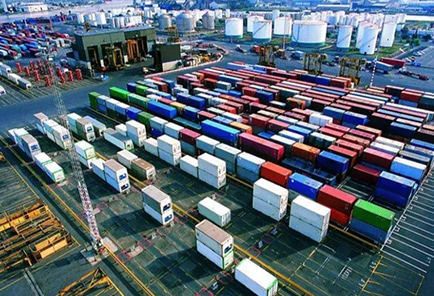
More →